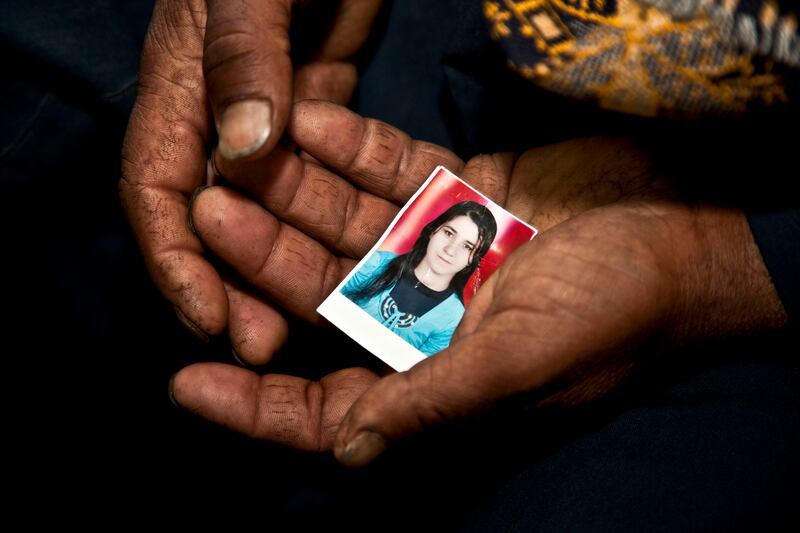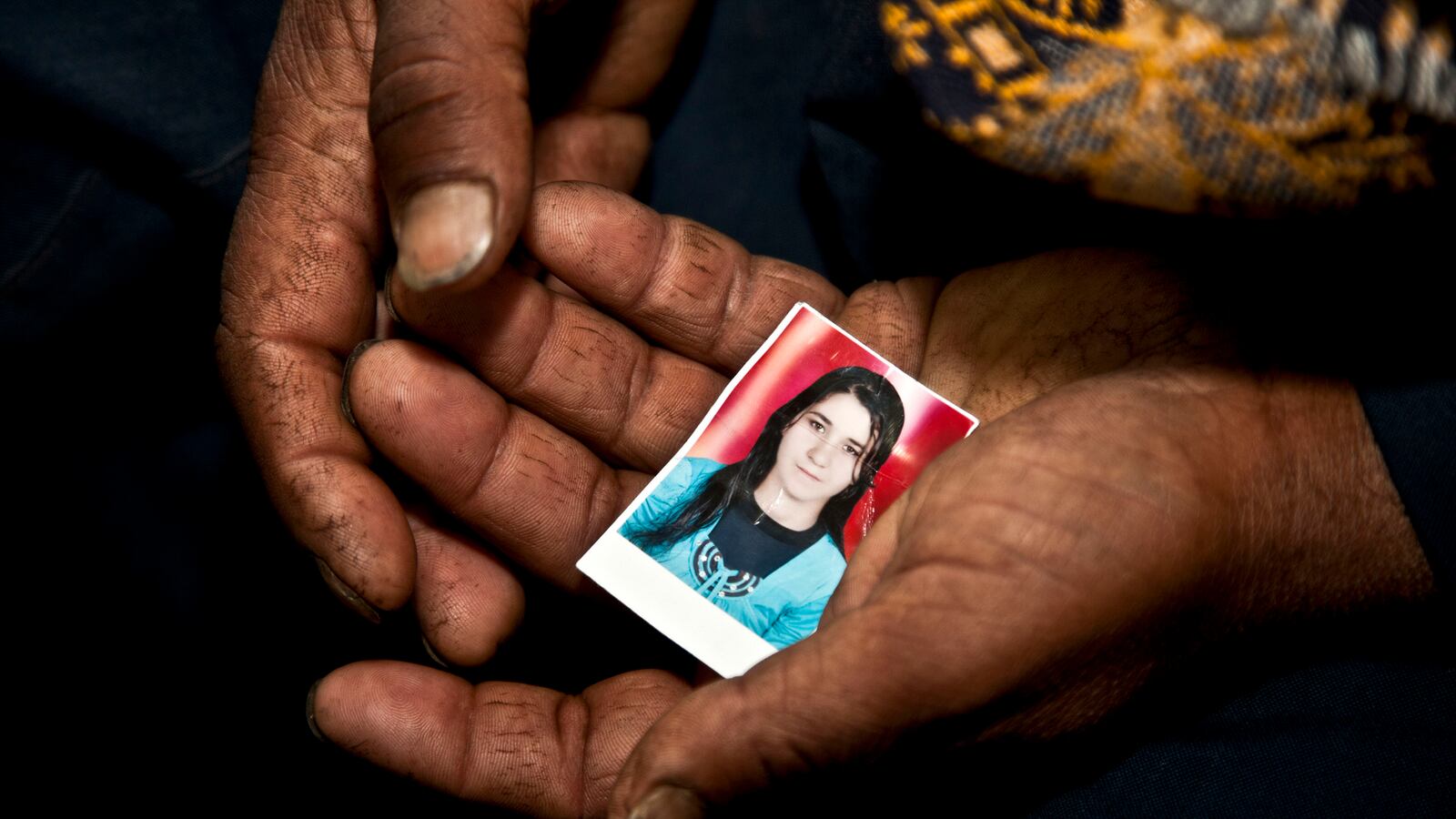Ashref Abdelrahman, who owns a steel factory near Cairo, was driving home from work last Monday when a car full of armed men forced him to pull over, firing their automatic weapons into the air. Three of the men jumped out with their guns drawn. They told Abdelrahman to come with them, and then sped away with him blindfolded in the back seat of their sedan, leaving his car on the roadside with the driver’s side door ajar and his cell phone in the center console.

Abdelrahman had heard the stories circulating over the last two years of well-to-do Egyptians being kidnapped for ransom—another grim reminder of the security void that has plagued the country since its 2011 revolution brought down former dictator Hosni Mubarak and his notorious police state. But he hadn’t given them much thought, or considered hiring guards. The kidnappers took Abdelrahman to a house outside the city, where they stripped him to his underwear and told him they’d kill him unless a ransom was paid: 5 million Egyptian pounds, or about $720,000. As the days ticked by, Abdelrahman thought mainly of his daughter.
Fears of violent crime abound in Egypt, a nation still mired in upheaval. The security crisis has been one of the revolution’s darkest legacies, with the country’s leaders—first the generals who succeeded Mubarak, and now Mohamed Morsi, who was elected president in June—failing to see order restored. Suffocated by police abuse under Mubarak, Egyptians now say the police have pulled back, leaving them to fend for themselves. This has led to a surge in vigilante justice and, as Bloomberg reports, a booming market in illegal guns, fueled by regular citizens looking for protection.
General Abdel Fatah Othman, the chief spokesman for Egypt’s Interior Ministry, says the rise of ransom kidnappings has been a significant post-revolution problem. The ministry recorded 412 cases in 2011 and 318 last year, Othman says, along with 134 so far in 2013. He blames the problem not on a lack of police presence, but on the idea that after the revolution, “people stopped respecting the law.”
A lack of trust in police has led to incidents in which families choose to pay the ransom instead of turning to the authorities for help, Othman says. But he adds that this has changed as police work to deal more effectively with kidnapping cases—part of what Othman describes as an overall effort to improve security in Egypt. “Security will come back to the way it used to be very soon,” he says.
For many Egyptians, however, the security void has felt like retribution following a revolution that targeted police abuse as well as Mubarak. These suspicions were especially prevalent in the revolution’s chaotic early days—which saw citizens forming popular defense committees as police pulled back from the streets—but they persist today. Tamer Samy, a film director in Cairo, says he saw hints of police anger while he was going through a different kind of ransom ordeal: his car was stolen at gunpoint, another common crime, and eventually sold back to him.
Driving his Kia through Cairo last year, when the country was still under the generals’ control, Samy was stopped by gunmen who made off with his cell phone and car. When he alerted police, Samy says, the officers blamed the revolution, suggesting that Egyptians were getting what they deserved. “It was like they were teaching the people a lesson,” Samy says.
Contacted later by a man who sheepishly claimed he’d found the car, Samy bought it back for 7,000 Egyptian pounds in a transaction he handled with a hired guard.
Egypt’s police share only part of the blame for the breakdown in public order, says Adel Iskandar, a professor of Arabic studies at Georgetown University. The ongoing political instability and economic malaise, he says, are fueling kidnappings and other financially motivated crimes. “The security void exacerbates it and makes it very difficult for the perpetrators to face justice. But the underlying problems are actually a declining economy, growing unemployment [and] poverty getting out of hand,” Iskandar says. “Kidnapping has emerged as an easy, effective and retribution-free way to spread the wealth.”
In the case of Abdelrahman, the factory owner kidnapped last week, however, authorities were able to keep the ransom money from changing hands. The police, having found Abdelrahman’s abandoned car and cell phone by the roadside, alerted his worried father to the crime. Officers told the father, Abdelrahman Mohamed, to expect a call from the kidnappers, and then coached him on how to keep them on the line while they traced the call. Police rescued Abdelrahman this weekend and arrested the culprits.
After the ordeal was over, Mohamed said he was happy to have his son back unharmed, and reluctant to cast blame. “I am not into politics,” he said. “All I know is that people want to live better and safer lives.”
With reporting by Maged Atef in Cairo.






